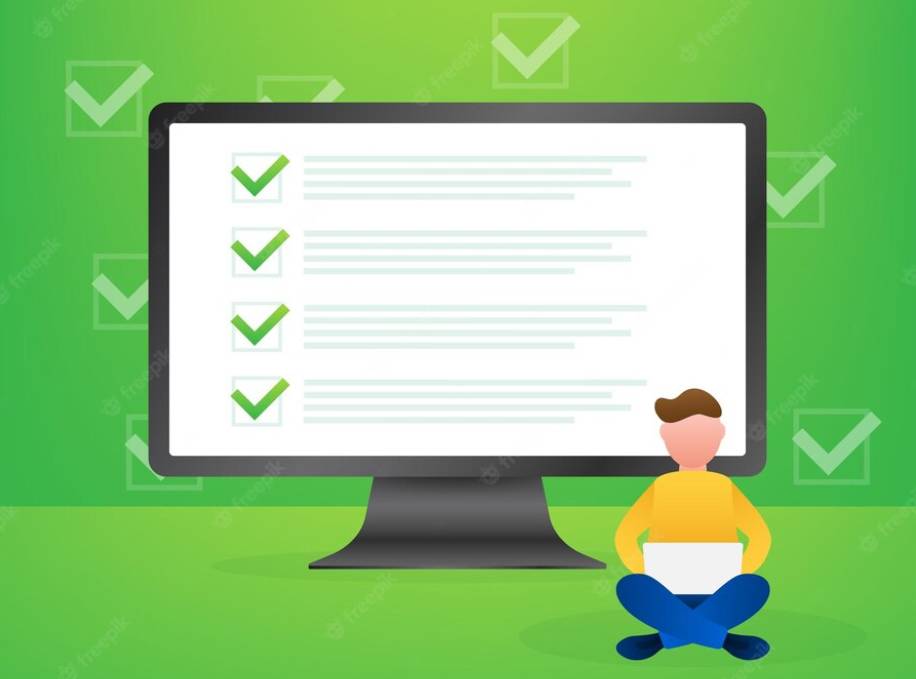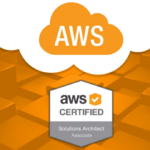If you’re a project manager, you know the value of being certified. The Project Management Professional (PMP) credential is one of the most sought-after in the world, and for good reason. The pmp certification training course is no joke. It’s a multiple-choice, computer-based test that covers a lot of material. But with the right study habits, you can ace it. Here are some tips from certified project managers on how to prepare for the PMP exam, so you can join the ranks of these elite professionals.
The PMP Exam
The Project Management Professional (PMP) Exam is a test administered by the Project Management Institute (PMI) to certify project management professionals. The PMP Exam is a four-hour, 200-question multiple-choice exam. To pass the PMP Exam, candidates must demonstrate their understanding of the project management process and how to apply it to real-world scenarios.
The PMP Exam covers the following topics:
Project integration management
Project scope management
Project cost management
Project quality management
Project human resource management
Project communications management
Project risk management
Project procurement management
Each of these topics is further divided into subtopics, and each subtopic is covered in detail in the PMP Exam content outline. To prepare for the PMP Exam, candidates should review the content outline and become familiar with the terminology and concepts covered on the exam. In addition, candidates should use practice exams to test their knowledge and identify areas where they need additional study.
Self-Study Tips
If you’re hoping to pass the PMP exam on your first try, self-studying is essential. To help you prepare, we asked project managers who have been through the process themselves to share their best self-study tips. Here’s what they had to say:
1. Give yourself enough time to study.
Don’t wait until the last minute to start studying for the exam. You’ll need at least a couple of months to really prepare properly.
2. Use multiple resources.
Don’t just rely on one book or course to get you through the exam. Make use of as many different resources as possible, including online forums and practice questions.
3. Create a study schedule and stick to it.
One of the best ways to make sure you’re studying effectively is to create a schedule and stick to it. Dedicate a certain amount of time each day or week to studying, and make sure you stick to that plan.
4. Take practice exams.
In addition to studying the material, it’s also important to test your knowledge with practice exams. This will help you identify any areas where you need more work before taking the actual exam.
5
Conclusion
If you’re looking to pass the PMP exam on your own, these self-study tips from project managers will help you prepare. While the tips are specifically for those studying for the PMP exam, they can be applied to any type of exam prep. So if you’re feeling stuck in your prep, give these tips a try and see how they work for you discover this info here




